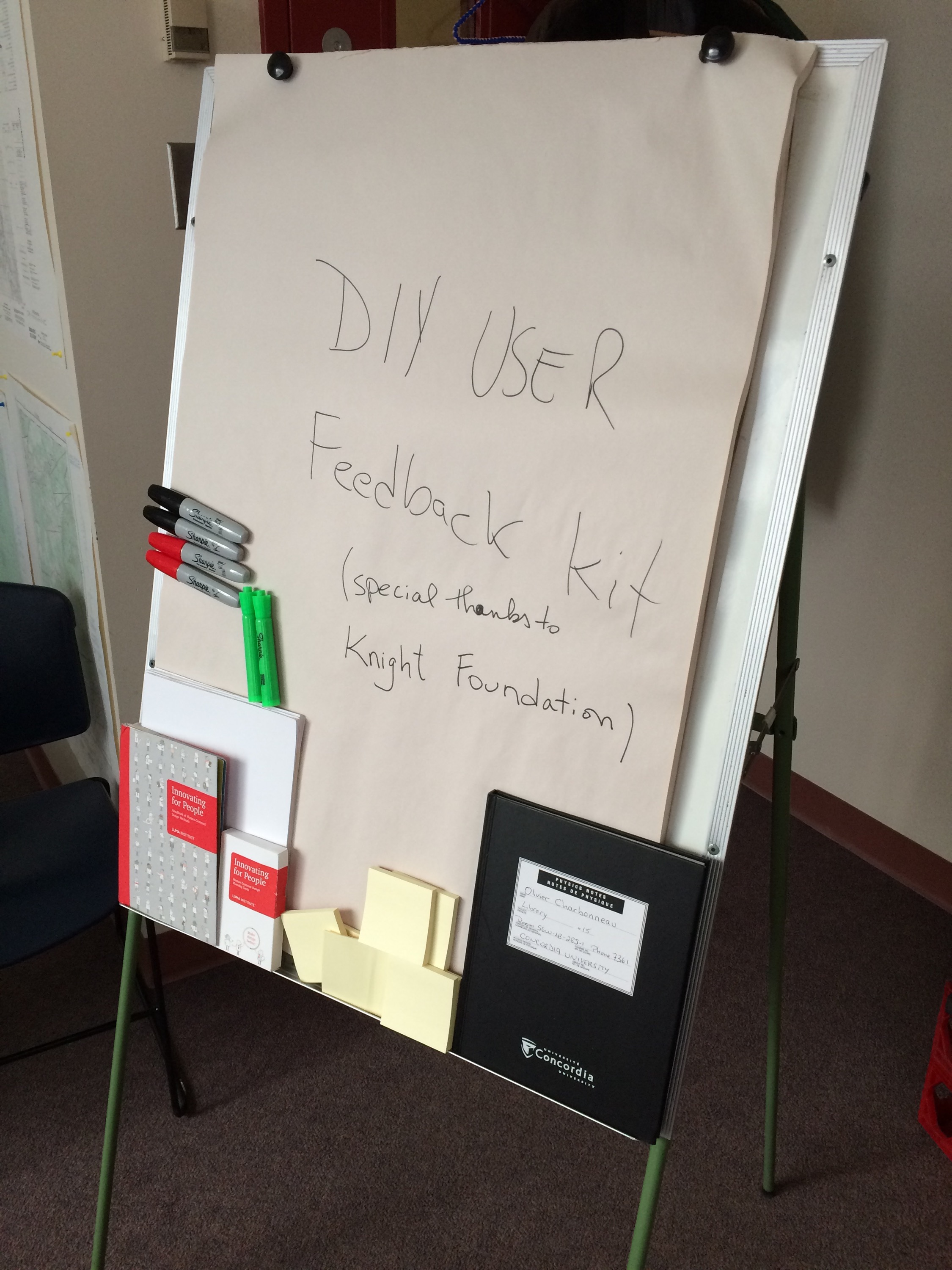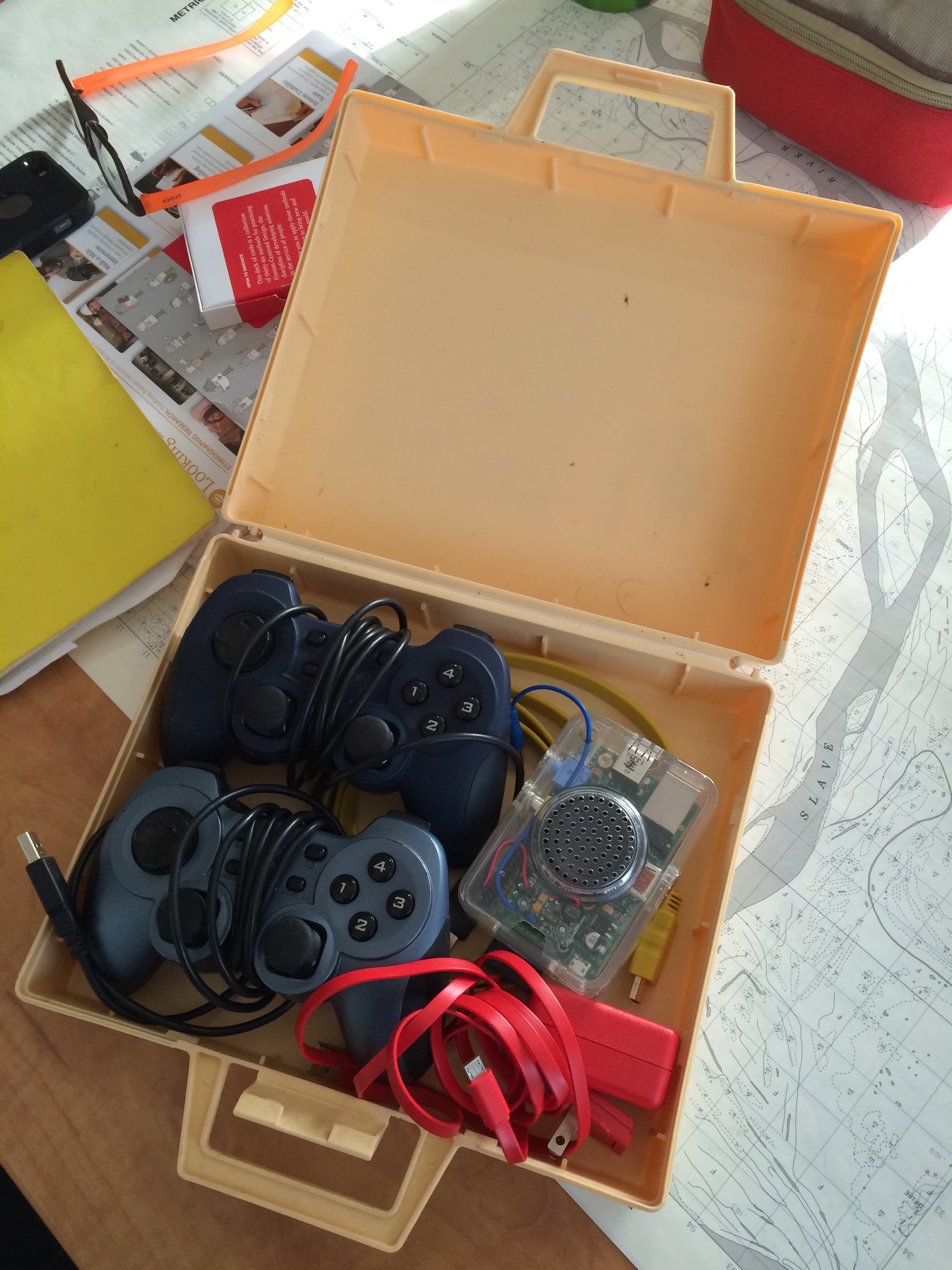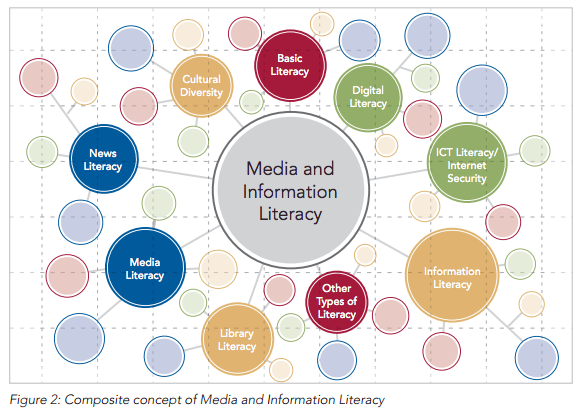Assessment
Assessment Inspiration
DIY User feedback kit for the Indie games licensing for libraries project
Olivier Charbonneau 2015-03-05
Aussi en français: http://www.culturelibre.ca/tag/knight/
Follow the evolution of this project here: http://outfind.ca/tag/knight/
Last year’s Arcade 11 brought an interesting mix of librarians, indie games developers as well as games scholars. Through conversations and exchanges of views, it quickly emerged that libraries required alternative models to make independent games available through their digital collections.
Purchasing born-digital copyrighted materials is a strong and emerging trend in libraries worldwide, but “general public” methods of dissemination do not offer the licensing and technological terms libraries require (Libraries cannot acquire born-digital materials from iTunes, Google Play or Amazon as it contradicts the licensing terms of these systems).
In that sense, the TAG team have set out to devise various prototyping models for the licensing and circulation of independent video games at libraries. The Knight Foundation (thank you so much!!!) has funded the creation of a video game console, which the prototype will be devised using over-the-counter inexpensive micro-computer components (with assistance from District 3). We will tap into the pool of graduate studens to build a seed collection of games for libraries as well as articulate some key knowledge points all librarians should know about digital games. Finally, we expect to test whether libraries are open to the idea of having these consoles circulate to users of their library system.
One of our team members thought of getting on-the-fly feedback from parents & kids visiting Arcade 11, our TAG (games) research center open house today & tomorrow… This week is reading week in the Province of Québec, and most k-12 kids are on vacation, so parents scramble to find cool activities to do with their kids. This is the perfect opportunity to great feedback from people visiting our space at Concordia Univerisity in Montréal!
Here is the kit I scrambled together by raiding the supply cabinet…

Also a pic of our concept prototype (version 0.1 or pre-pre-pre alpha) …
(Indie games licensing for libraries project)

… some folks playing at Concordia U’s Arcade 11

Aussi en français: http://www.culturelibre.ca/tag/knight/
Follow the evolution of this project here: http://outfind.ca/tag/knight/
Assessment
My suggested marking scheme for entrepreneurship
Olivier Charbonneau 2015-02-10

Assessment Guidelines - recommendations
Evaluating learning spaces
Olivier Charbonneau 2014-10-08
This new release from the good people at EDUCAUSE seems interesting. It is called the Learning Space Rating System (LSRS) and only covers formal spaces (e.g. classrooms) for now, but will eventually will allow the evaluation of informal learning spaces, such as libraries.
Assessment Librarianship
Libraries and student success
Olivier Charbonneau 2014-09-07
I really like this award-winning poster presented at a recent Library Assessment conference by Dana Thomas and Weina Wang titled “Evaluating Library Contribution to Student Success” (see also this pic on the conference’s Twitter feed).
They obtained data from the registrars office and mapped it out to usage data of various library services for undergraduate students. They could then determine if the performance designation of a student’s academic standing was correlated with their library use.
Assessment Information literacy
Top 20 Library Instruction articles of the year
Olivier Charbonneau 2014-06-06
Interesting, this list of top 20 articles compiled by the Library Instruction Round Table, see page 6 of their latest newsletter. This one seems of particular interest:
Stowe, B. (2013). Designing and implementing an information literacy instruction outcomes assessment program. College & Undergraduate Libraries, 20(3-4),
242–276.
This case study describes and analyzes the efforts of the library faculty at the Brooklyn Campus Library of Long Island University who are involved in developing, testing, and implementing a ground-up information literacy outcomes assessment program for the undergraduate core curriculum. Based on the increasingly prominent role given to information literacy by re-accreditation agencies, the library was prompted to significantly upgrade its assessment practice of collecting anecdotal evidence and administering clickers-based exit surveys. To detail the process of the upgrade, the article discusses such issues as key external and internal institutional forces that influence the development of an outcomes assessment programs. The library faculty members discuss choosing the appropriate assessment instrument (standardized or locally developed), establishing a hierarchy of priorities of assessment areas/goals, determining the actual assessment questions, and building the iterative assessment cycle (pre-assessment and post-assessment). The author includes examples from early versions of the evaluation instruments as well as the revisions of such instruments. The honesty of the library faculty members is disarming—they freely refer to the persistent personnel and managerial issues their library had been facing for some time and are generally very open about the challenges this represented in terms of developing a sustainable assessment program. As a result, this article provides an invaluable resource for other institutions trying to build their outcomes assessment program from scratch.
Assessment
Doing away with the essay
Olivier Charbonneau 2014-05-26
Interesting article from the McMaster Daily about an economics prof doing away with the traditional essay. Her solution? Posters. It tests student’s oral skills, allows for one-on-one evaluation and asks students to produce something closer to what employers will value.
Assessment Publishing Research
Altmetrics in Context
Olivier Charbonneau 2014-01-12
The Canadian Association of Research Libraries (CARL) has published a useful guide to altmetrics (pdf). Altmetrics are alternative metrics to measure the impact of research.
Also of interest, the Summer 2013 (vol. 25 issue 2) issue of Information Standards Quarterly from NISO covers altmetrics (direct link to the PDF of the full issue).
In the same vein, one can determine the impact of an institutional repository by visiting this page ranking repositories. The link send you to the Canadian listing, where my home institution’s Soectrum ranks fifth. In fact, I just learnt that I’m still in the top 10 researchers being downloaded from my University’s Institutional repository!
Assessment Information literacy Open access Open education
UNESCO on info lit assessment
Olivier Charbonneau 2013-12-18

Composite concept of Media and Information Literacy from UNESCO’s Global media and information literacy assessment framework: country readiness and competencies 2013 p. 31
UNESCO, it seems, is quite interested in media and information literacy (MIL). It just released an “Assessment Framework for Media and Information Literacy” to assist countries in devising effective MIL strategies. According to the United-Nations agency:
A central component of UNESCO’s Media and Information Literacy strategy, the Global MIL Assessment Framework would enable Member States to carry out comprehensive assessments of the information and media environment, and to monitor at the regional and national level the extent to which citizens have acquired MIL competencies, particularly targeting teachers in service and training. This evidence-based information will subsequently help Member States monitor the effectiveness of the implementation of education and ICT policies in developing 21st century capacities, and help to design new strategies and action-oriented plans that fit best within country-specific contexts and conditions.
The publication presents an overall assessment framework composed of two tiers: country readiness, and assessment of competencies. It also includes a plan for national adaptation as well as concrete suggestions for data collection, analysis and application. It is intended as a living document to be further tested, adjusted and adapted to national needs and circumstances by its users – policy decision makers, teachers and local professional communities in information, media and education.
The 150+ page document is available for free in PDF format from UNESCO .
In fact, UNESCO has launched an open repository under creative commons licences for all of their publications and more !
Assessment Bibliographies Blended Learning Information literacy Read Me
Measuring web tutorials
Olivier Charbonneau 2013-12-04
This just in:
The MAGIC of Web Tutorials: How One Library (Re)Focused its Delivery of Online Learning Objects on Users
Amanda Nichols Hessa
Journal of Library & Information Services in Distance Learning
Volume 7, Issue 4, 2013
pages 331-348
DOI:10.1080/1533290X.2013.839978
http://www.tandfonline.com/doi/full/10.1080/1533290X.2013.83997
Abstract
Oakland University (OU) Libraries undertook an assessment of how to leverage its resources to make online tutorials more focused on users’ needs. A multi-part assessment process reconsidered Web tutorials offerings through the lenses of faculty and staff feedback, literature review, and an analysis of other universities’ online tutorial offerings. From there, OU’s e-Learning and Instructional Technology Librarian developed the MAGIC guidelines (Manageable, Available, Geared at users, Informative, Customizable) to resituate OU Libraries’ online tutorials and place users at the center. Putting MAGIC into practice meant integrating Web tutorials at points-of-need, identifying and sharing essential information, and engaging students in the learning whenever possible.
Keywords: Web tutorials, online learning objects, university libraries, online learning, library services, information literacy
Assessment Concordia University Guidelines - recommendations
AACSB Accreditation Standards
Olivier Charbonneau 2011-10-19
I am very lucky to be a business librarian at Concordia University – this is true on so many levels! Of all the reasons, the fact that the John Molson School of Business is accredited by the Association to Advance Collegiate Schools of Business (AACSB) may be a boon to work towards integrating information literacy in the curriculum.
As their website shows, the AACSB has Accreditation Standards to which JMSB must adhere to. These include the concept of total quality management – or making the most of the resources you have. It also assists in comparing business school together. Every so often, accredited schools must undergo a review process (audit), which serves as a nice entry point should you want to propose changes to how things are done – an external review fosters the feeling of continuous improvement.
For example, the “Assurance of Learning Standards” offers a few points where a library could have a positive impact… these are straightforward issues that school educators must report back on – so they are easily actionnable!




